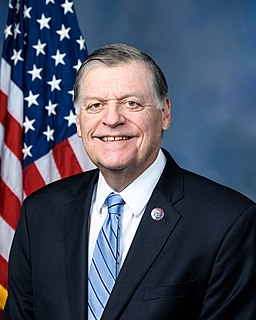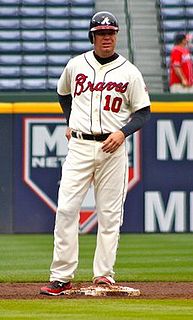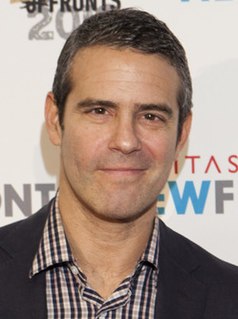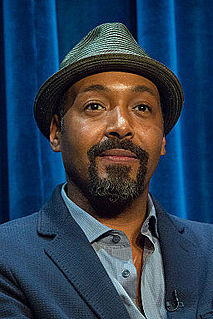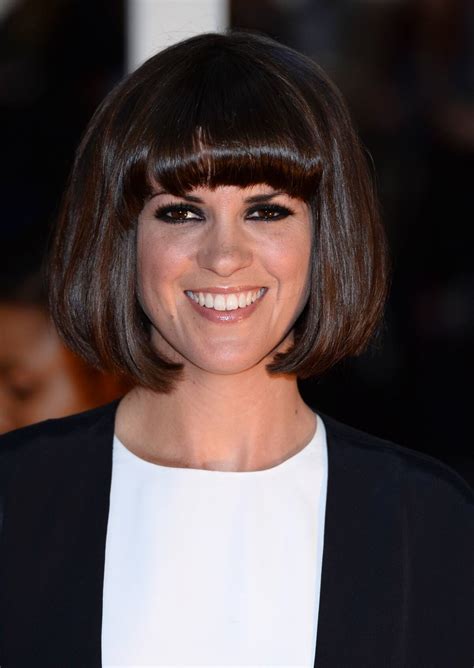A Quote by Tom Cole
The loss of the culture is one of the main reasons Ciro Guerra wanted to tell their story.
Related Quotes
Our reasons for believing Jesus existed and also that He was who He claimed to be - the God who came down - are the same reasons for believing any fact of history: the documentation is substantial and it passes all the tests of historical reliability. Scholars - both liberal and conservative - overwhelming agree that Jesus of Nazareth was a man of history and the Gospels, on the main, tell His story accurately.
Looking back, I do think one of the reasons 'Thirteen Reasons Why' has been so successful is not because it deals with serious issues but because I had a unique and interesting way to tell that story. I knew the issues were going to be dealt with in the book, but I felt my job was to write the story as entertainingly as possible.
That was one of the reasons why I wanted to tell the story of Colin Price. I saw someone in this fictionalized political character that was trying to do something important for his city. He meant well, but then you see that the human flaws had really derailed his past. It seems to be happening more and more in our country. I wanted to hold a mirror up to that.
